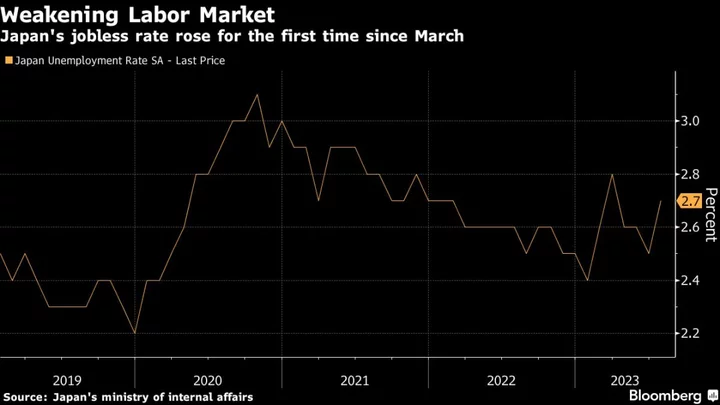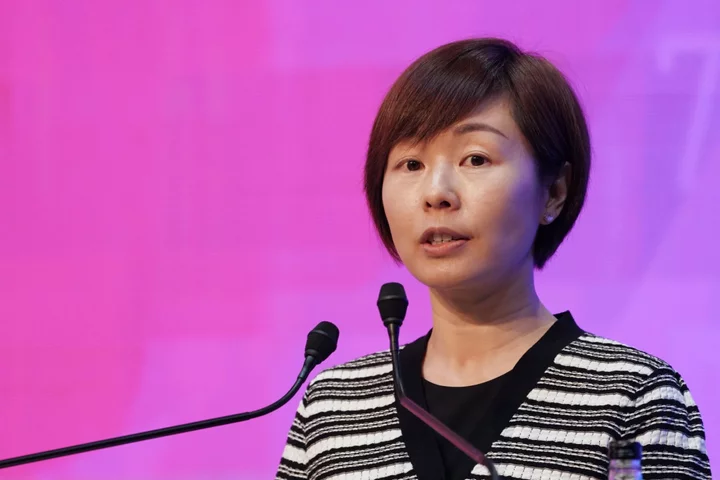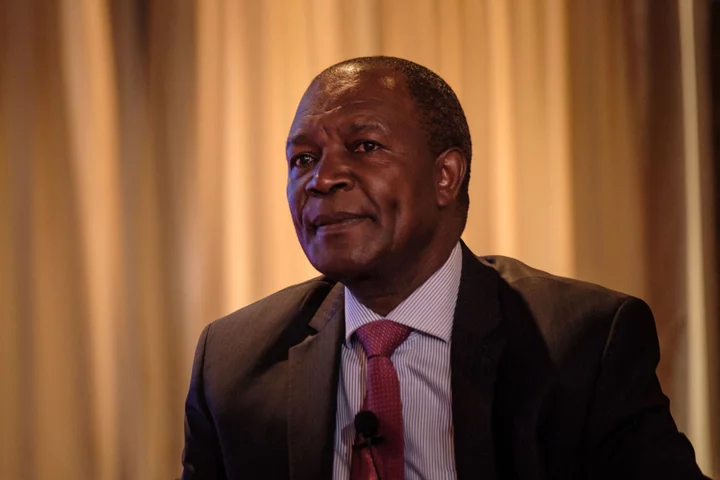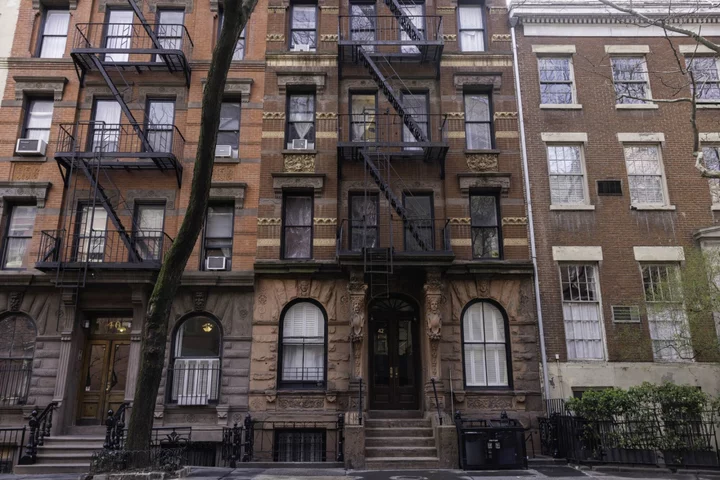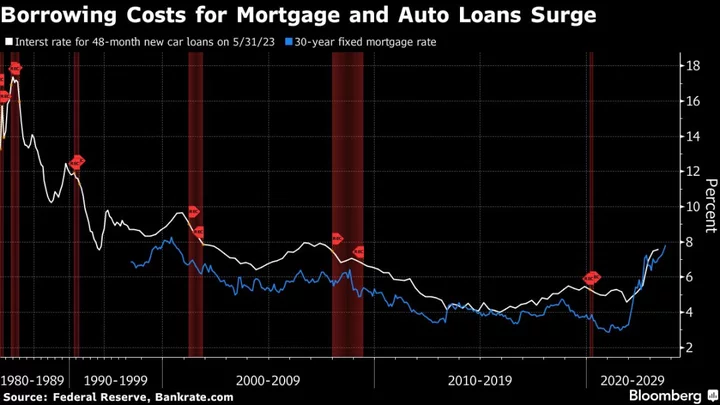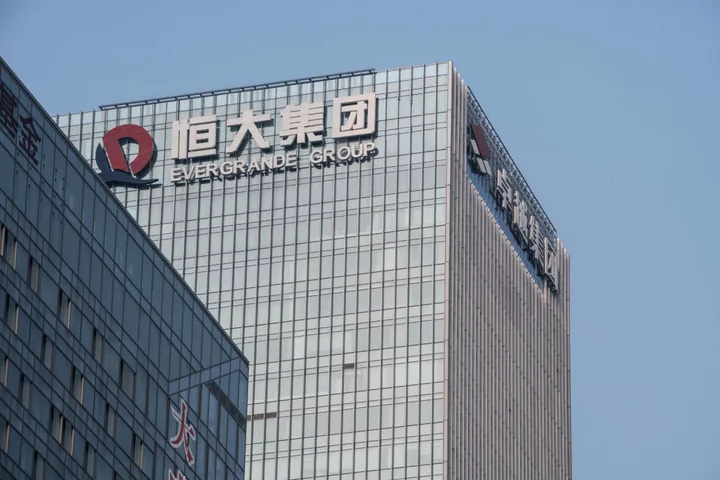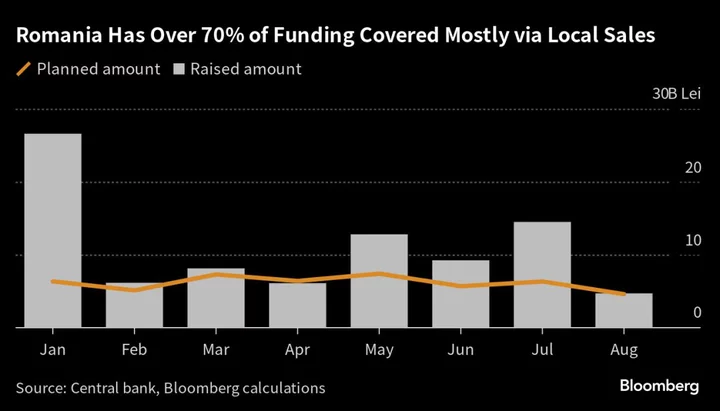Japan’s unemployment rate rose for the first time in four months in July, in a slightly negative signal for both the Bank of Japan and the government.
The jobless rate increased to 2.7% from June, the ministry of internal affairs said Tuesday. Economists had expected the reading to hold at 2.5%. The number of workers fell by 100,000 from the previous month, while those without jobs rose by 110,000.
Separate data provided a slightly negative outlook for Japan’s labor market conditions, with the jobs offers-to-applicants ratio declining to 1.29 in July from 1.30. The data is a leading indicator of the labor market trend and implies that there were 129 jobs available for every 100 applicants.
What Bloomberg Economics Says...
“The service sector may have reduced job postings after securing sufficient labor to cope with stronger demand over the first summer holidays in years without Covid warnings.”
— Taro Kimura, economist.
For the full report, click here.
Tuesday’s data hints that the tightness in the Japanese labor market may be nearing its peak. This isn’t necessarily good news for BOJ Governor Kazuo Ueda, as a tighter labor market is needed to spur wage gains, which in turn would contribute to a virtuous cycle of inflation and salaries.
Still, the bank said in its July outlook report that employment will continue to grow and wage pressures will intensify. If this expectation materializes, it may alter Ueda’s recent view that there is still some distance from the 2% inflation target.
Ueda re-emphasized at the Federal Reserve’s annual symposium in Jackson Hole last week that price growth remains slower than the central bank’s goal, thus justifying the ongoing monetary easing.
(Adds economist’s comments)

